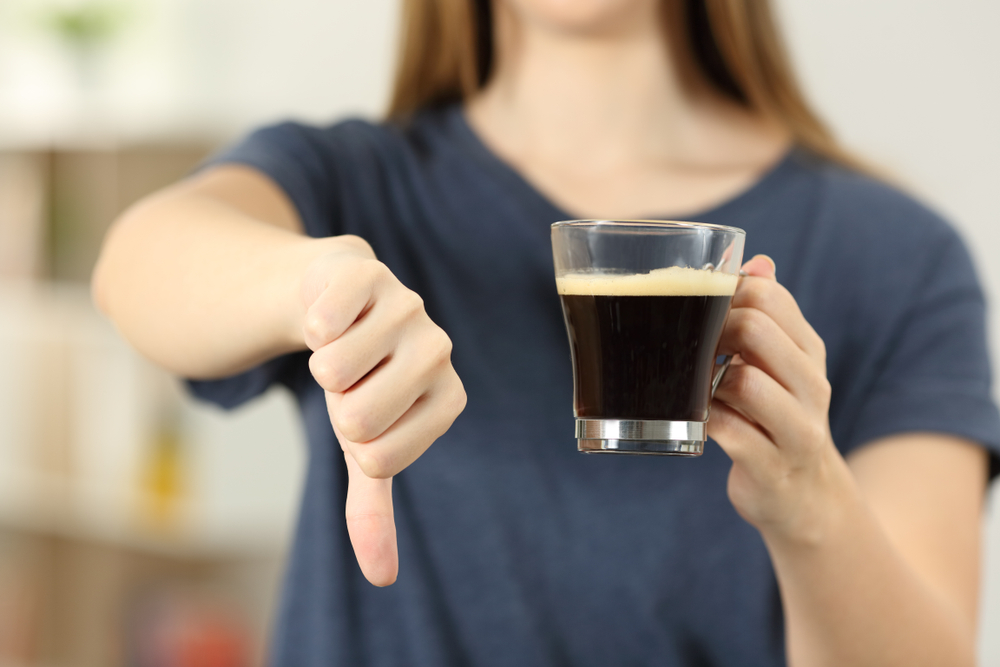ALBAWABA - A recent study by researchers at the Biomedical Research Institute in France reveals the effects caffeine has on individuals who regularly consume coffee, tea, or energy drinks, particularly when faced with sleep deprivation.
The study aimed to show the impact of consuming caffeine regularly on psychomotor performance during total sleep deprivation. Involving 37 healthy participants, aged 18 to 55, each with different daily caffeine intake habits, the research utilized a cross-sectional design, in which participants were exposed to different conditions or treatments at different times.

Shutterstock
During total sleep deprivation, participants were administered either a placebo or a caffeine treatment, with their performance evaluated using a psychomotor vigilance task. Brain activity was monitored through electroencephalogram (EEG) recordings, specifically focusing on alpha frequency, a key indicator of alert cognitive processing.
The results revealed that caffeine consumption improved attention among all participants during sleep deprivation. However, those who consume caffeine regularly (exceeding 300 mg per day) exhibited slower reaction times compared to those with lower levels of daily intake.
Further analysis in the study showed a link between consuming caffeine regularly and reaction time during psychomotor alertness, with regular consumers experiencing longer reactions over time compared to their lower-consuming counterparts.

Shutterstock
EEG recordings also indicated a decrease in alpha frequency among high caffeine consumers, reflecting altered brain activity associated with attention and cognitive processing. These findings align with the observed longer reaction times among individuals with high caffeine intake.
While the study received criticism for its relatively short duration and potential oversight of caffeine withdrawal effects in those who consume caffeine regularly, its implications are clear. Those facing sleep-related challenges should carefully reconsider their caffeine consumption habits.









